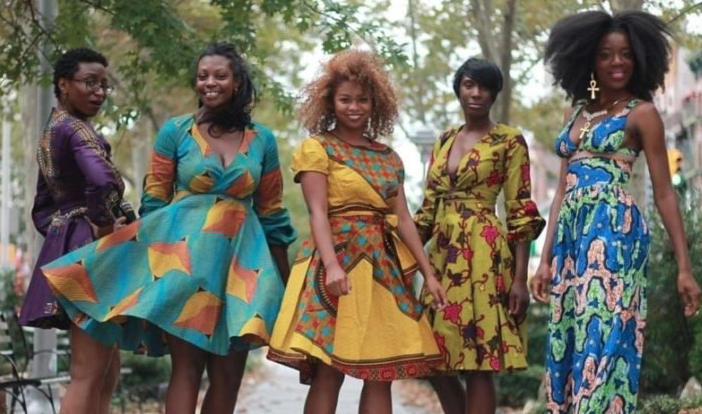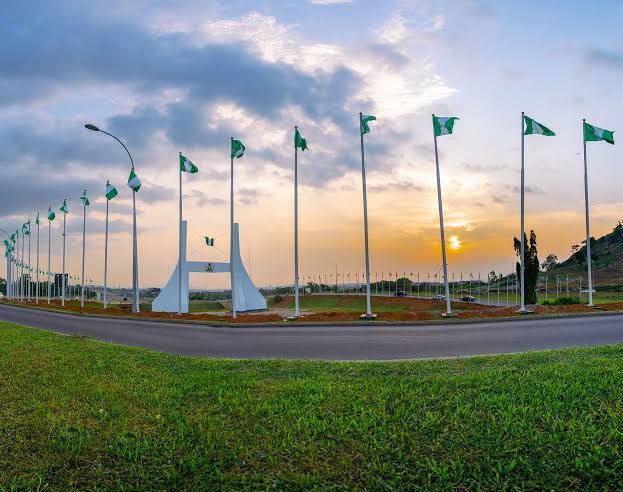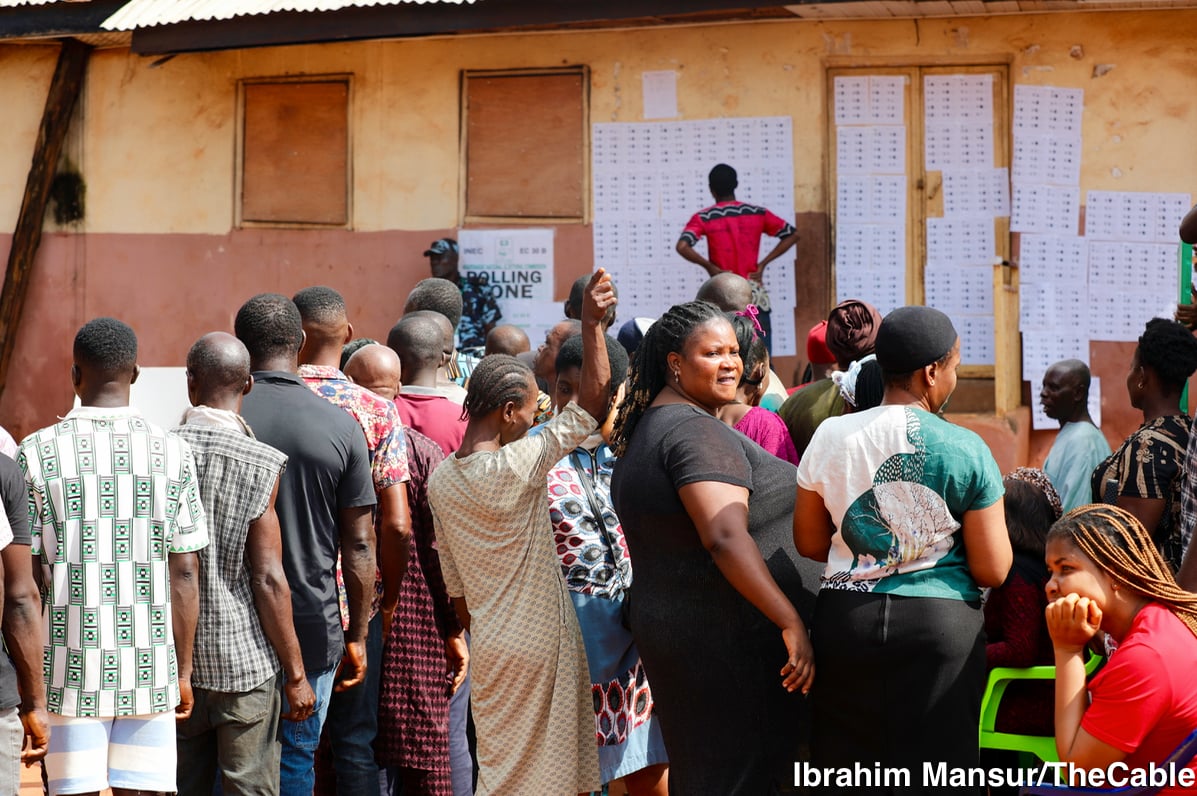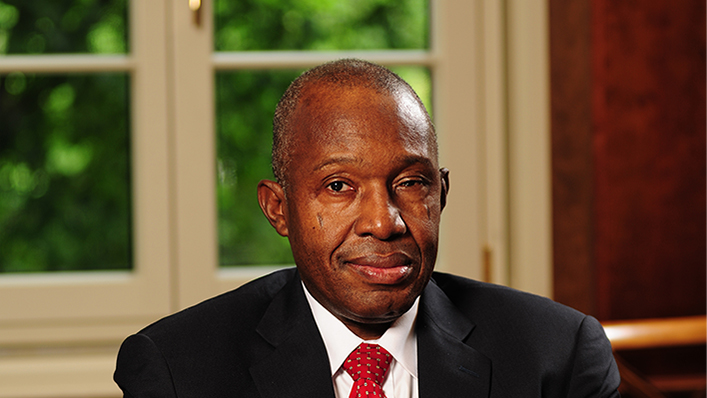BY BUKONLA ADEBAKIN
“Women belong in all places where decisions are being made. It shouldn’t be that women are the exception.” — Ruth Bader Ginsburg.
In 1993, Ruth Bader Ginsburg became the second woman ever to be nominated as justice of the United States Supreme Court. Her nomination by President Bill Clinton and her 27-year tenure before her death in 2020 will go down in history as watershed occasions – especially for women. Therein lies the gender problem that plagues most aspects of modern society.
Women who rise to the top of their chosen profession are the exception, not the norm. When they reach this position, society holds them up as the example, the beacon to guide other women to success and recognition. Their new existence is besought with labels such as ‘first female’, ‘SHE-EO’, and so on, which is only fair given the obvious gender-specific difficulties they must overcome to reach these positions.
Advertisement
Gender inequality is not a myth. There is sufficient published data to prove that women are underrepresented in places that matter such as high profile jobs and governments. According to a 2019 study by executive search firm, Heidrick & Struggles, only 5% of chief executives globally are women. In 2020, the figures remained the same. On the other hand, women are overrepresented in low-paying jobs with many of them earning less than two-thirds of the median of the earnings distribution.
Women have tended to turn to other sources of income, such as entrepreneurship, due to their low earning capacity. In Nigeria, for example, small businesses make a significant contribution to the economy — 48% of national GDP, 96% of businesses, and 84% of employment. Statistics, according to the State of Entrepreneurship in Nigeria 2021 report, show women own and manage 43% of these small businesses that keep the country’s economy afloat.
Despite the numbers and facts that continue to be presented, women continue to struggle to hold their own in a male-dominated world. In the hours that ushered in Women’s History Month across the world, hundreds of Nigerian women gathered at the National Assembly Complex in Abuja to protest for their right to be represented in politics. The 9th Nigerian senate – a congregation of 109 senators including only seven women – had voted against a provision to allocate special seats to women to increase their representation. Granted the rare opportunity to rewrite the fate of women in Nigeria through the 1999 constitution amendment exercise, the senators trampled on possibilities and sent a poignant message to women in Nigeria.
Advertisement
To provide context to the severe discrimination and bias against women in politics in Nigeria, it should be noted that during the 2019 elections, 47% of registered voters across the country were women. However, only 6.5% are in the national assembly and it remains that no woman has ever held a governorship position or sat in the presidential seat of the nation. In a similar vein in 2020, a bill to promote gender equality in employment and property inheritance was thrown out when male senators labelled it as “anti-Islam”.
It is not to conclude that women’s representation in politics is the panacea for gender inequality in society. It is, however, an ideal place to start. One of the hallmarks of truly inclusive democracies is the equal representation of women. It is also a crucial factor in earning public trust, improving society and advancing policies and legislation that benefit women. When these are achieved, they can provide a bedrock formula for solving the deeply ingrained cultural, social, and religious conventions that prevent women from attaining positions of leadership.
The 2023 elections are approaching and several women have announced their interest in running for key offices. While political parties and political campaigns in Nigeria remain male-dominated, it is important for women across all strata to begin to throw their weight behind these women who have boldly indicated their interest. Women supporting women should be more than just a mantra. International Women’s Day should be more than an annual celebration characterised by hand gestures, catchy slogans, and pretty pictures.
In Nigeria, women who are strewn across all aspects of business, media, advocacy, and technology must first identify the collective power that they wield. One way to begin is to discard the idea that men are more assertive and deserving of leadership. Another way is to consciously grant women visibility and positioning. Women in the media should push for improved coverage for other women. Women in careers should mentor younger women rising up the ladder as opposed to seeing them as threats. Women in technology should build products that solve everyday problems for women. When women actively build and sustain support systems for other women, the patriarchal society that gives the power to rewrite women’s fate to men is not only torn down, we would no longer have to overtly celebrate one woman’s success. Women at the top would be the norm.
Advertisement
Bukonla Adebakin is a Nigerian business executive and speaker. She is the group chief operations officer of RED for Africa. She is also the team lead for The Future Project which organises The Future Awards Africa.
Views expressed by contributors are strictly personal and not of TheCable.
Add a comment






